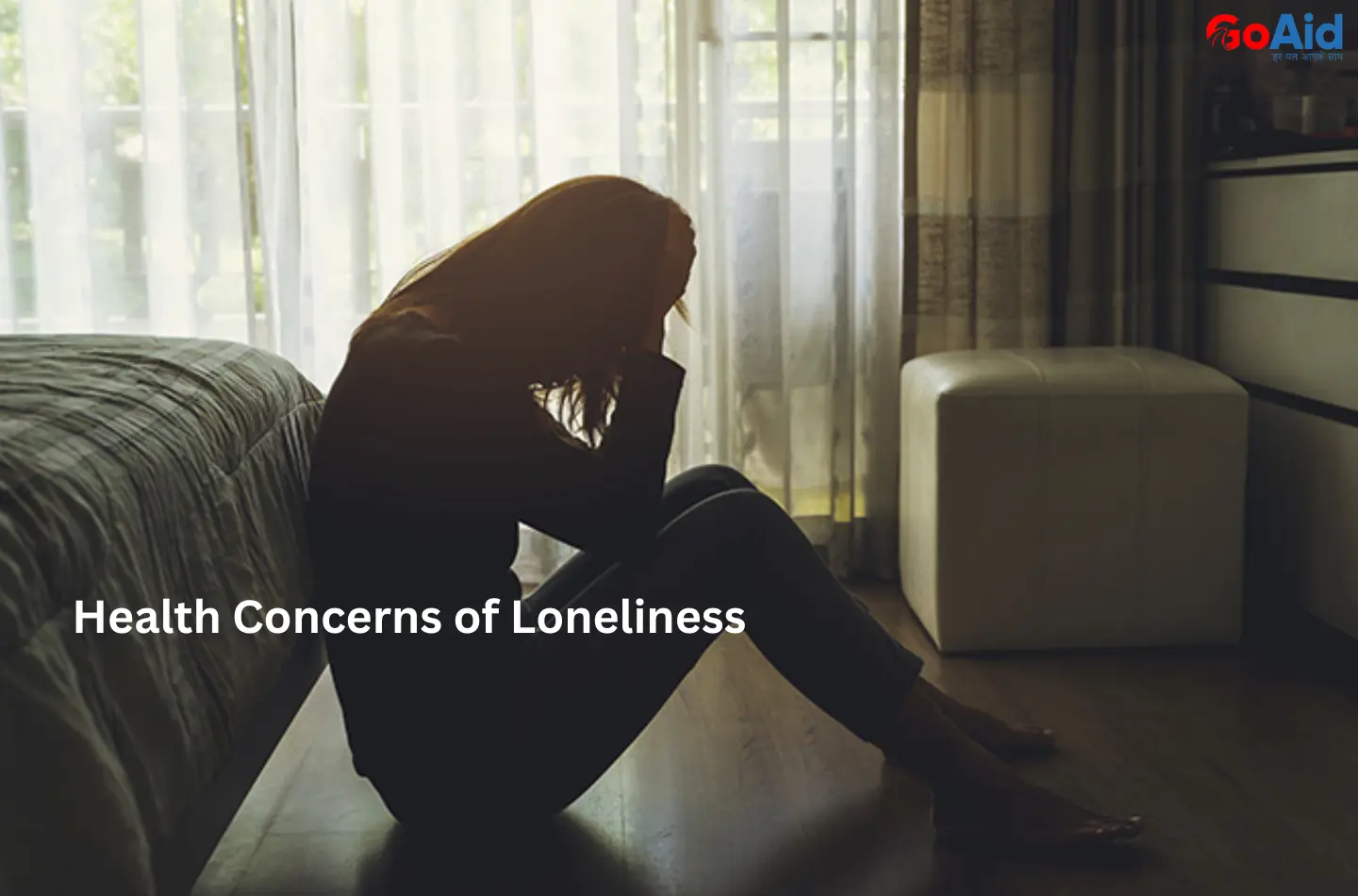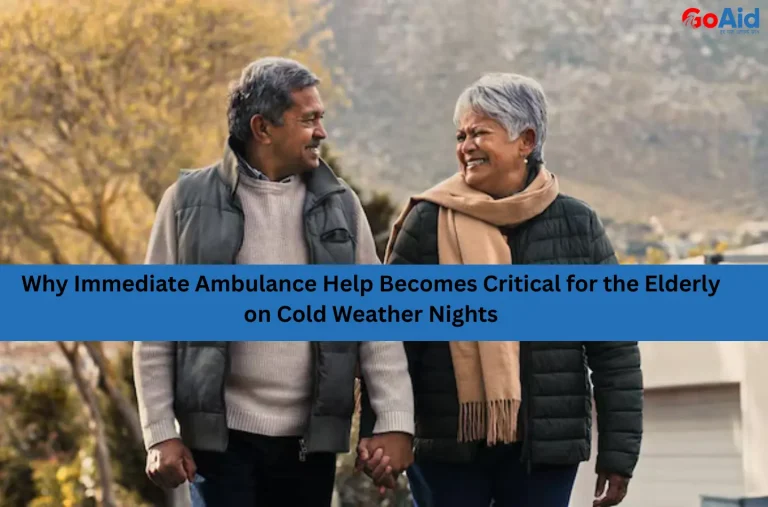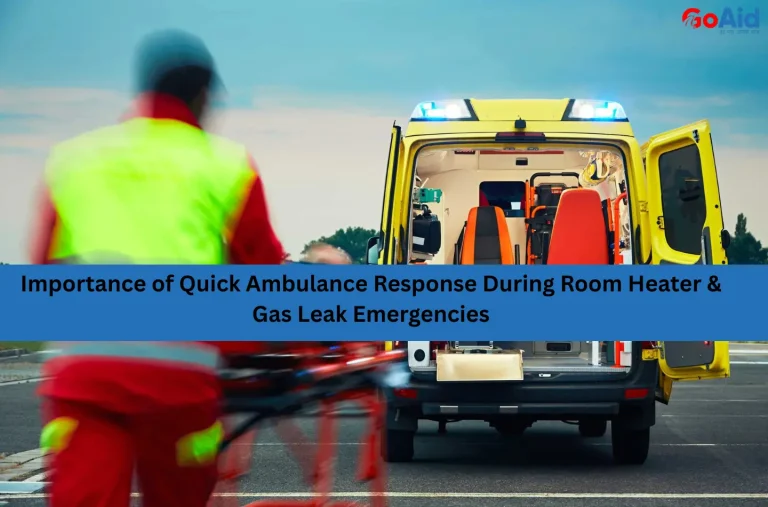Nowadays, Loneliness has become a serious health concern affecting people of all ages. Beyond emotional discomfort, it deeply impacts mental health and reduces overall well-being. Prolonged loneliness can lead to social isolation & disturbed sleep, as well as weakened immunity.
The right understanding of the causes & effects, and also the psychological impact of loneliness, is essential to begin healing and create meaningful connections that support better mental and emotional health.
Why Loneliness Is Becoming More Common Today
Loneliness is rising today due to lifestyle changes, digital overdependence, and reduced real-world social interaction. Many people experience emotional distance despite being constantly connected online. Urban living, demanding work schedules, and shifting family structures often leave individuals with limited time to build supportive relationships.
Additionally, increased screen time has replaced meaningful conversations, contributing to mental health challenges. Social isolation among the elderly, long-distance work culture, and reduced community engagement worsen the issue.
The psychological impact of loneliness affects concentration, self-esteem, and emotional balance. Recognizing these causes helps individuals seek healthier connections, build support systems, and explore effective ways to deal with loneliness for better mental and emotional well-being.
Causes of Loneliness
Loneliness often develops due to emotional, social, and lifestyle factors. Understanding these causes helps individuals identify what triggers their isolation and take practical steps toward building stronger, healthier connections.
- Lack of Meaningful Social Connections: Superficial interactions without emotional depth make people feel unseen and unsupported, leading to lingering loneliness even when surrounded by others.
- Major Life Changes: Moving to a new city, changing jobs, or losing a loved one can disrupt routines and reduce social support, causing increased loneliness.
- Digital Overdependence: Excessive use of social media and virtual communication reduces genuine emotional bonding, leading to isolation despite constant online presence.
- Work and Time Pressures: Busy schedules and long working hours limit opportunities for meaningful interaction, slowly creating emotional distance and loneliness.
- Mental Health Issues: Anxiety, depression, and low self-esteem make social interactions challenging, causing individuals to withdraw and feel more isolated.
- Social Isolation or Living Alone: Limited physical interaction and living alone reduce daily social contact, gradually intensifying feelings of loneliness.
- Lack of Community or Support System: Weak neighborhood ties and limited community engagement reduce social opportunities, increasing emotional disconnection and loneliness.
Also Read: Impact of Air Pollution to Throat and Respiratory Health
Impact of Loneliness on Mental and Physical Health
Loneliness affects much more than emotions because it influences the mind, body, and daily functioning. Prolonged loneliness increases stress, weakens immunity, and disrupts mental well-being, often leading to long-term health complications if not addressed.
- Chronic Stress Increase: Persistent loneliness triggers constant stress responses, raising cortisol levels and affecting emotional stability, sleep quality, and overall mental balance.
- Higher Risk of Depression: Lack of support and emotional connection leads to sadness, hopelessness, and decreased motivation, increasing the likelihood of depression over time.
- Weak Immune System: Loneliness reduces the bodyŌĆÖs ability to fight infections, making individuals more vulnerable to common illnesses and long-term health issues.
- Sleep Disturbances: Lonely individuals often struggle with insomnia or poor-quality sleep because of racing thoughts, overthinking, and emotional fatigue.
- Increased Anxiety: Social isolation raises worry, self-doubt, and fear of judgment, which intensify anxiety and lead to avoidance of social situations.
- Heart Health Issues: Loneliness can contribute to high blood pressure and increased inflammation, raising the risk of heart disease and cardiovascular problems.
- Cognitive Decline: Long-term loneliness impacts memory, focus, and brain functioning, especially in older adults, increasing the risk of dementia.
Signs You May Be Experiencing Deep Loneliness
Loneliness doesnŌĆÖt always appear as sadness; it often shows up through emotional, behavioral, and physical signs. Recognizing these early symptoms helps individuals take action and rebuild meaningful connections before loneliness becomes overwhelming.
- Constant Emotional Numbness: Feeling emotionally disconnected or unable to experience joy even in positive situations may indicate underlying loneliness.
- Loss of Interest in Social Activities: Avoiding gatherings, calls, or conversations because interactions feel draining or uncomfortable signals deep isolation.
- Persistent Overthinking: Excessive self-reflection, replaying conversations, or feeling misunderstood shows emotional loneliness and a lack of connection.
- Feeling Unseen or Unimportant: A sense that your presence doesnŌĆÖt matter or that others donŌĆÖt truly understand you reflects deeper loneliness.
- Sleep or Appetite Changes: Sudden insomnia, oversleeping, or loss of appetite may indicate emotional distress caused by long-term loneliness.
- Craving Connection but Avoiding It: Wanting companionship yet withdrawing from social opportunities suggests emotional fear rooted in loneliness.
- Increased Reliance on Phones or Social Media: Seeking comfort online instead of real interactions shows compensatory behavior linked to deep loneliness.
Know More: Understanding the Basics of Stomach Cancer
Effective Ways to Heal from Loneliness
Healing from loneliness requires intentional emotional work, connection-building, and lifestyle changes. By creating meaningful relationships and improving self-awareness, people can gradually reduce feelings of isolation and rebuild a healthier sense of belonging.
- Build Genuine Connections: Focus on deeper conversations and meaningful interactions rather than superficial chats to foster emotional bonding and real support.
- Engage in Social Activities: Join groups, clubs, or community events to meet like-minded people and create natural opportunities for friendship.
- Practice Self-Compassion: Treat yourself with kindness, reduce self-criticism, and acknowledge that loneliness is a human experience, not a personal failure.
- Develop a New Routine: Structured daily routines help reduce isolation, increase productivity, and create emotional stability through consistent activities.
- Limit Digital Overuse: Reduce excessive social media use that often deepens loneliness and instead prioritize face-to-face or voice interactions.
- Pursue Hobbies and Interests: Engaging in enjoyable activities boosts confidence, reduces stress, and opens opportunities to meet supportive people.
- Reach Out Intentionally: Take small steps to reconnect with friends, family, or trusted individuals to strengthen emotional support networks.
Read More: Connections Between Air Quality & Pregnancy Risks
When to Seek Professional Support
You should consider seeking professional support when loneliness begins affecting your emotional balance, daily routine, or overall mental health. If you constantly feel disconnected, anxious, or overwhelmed despite trying to socialize or improve your habits, a therapist can help you understand the deeper causes and guide your healing.
Professional support is also important when loneliness triggers depression, long-term sadness, loss of motivation, or physical symptoms like fatigue and sleep issues. A mental health expert provides a safe space to express feelings, learn coping tools, and build healthier relationships.
Early intervention can prevent loneliness from turning into serious mental health challenges and help you regain control of your emotional well-being.
Role of GoAid Emergency Healthcare in Supporting Lonely Individuals
Lonely individuals often face higher health risks due to delayed help during emergencies. GoAidŌĆÖs reliable, fast, and accessible ambulance services provide crucial support, ensuring safety, timely care, and emotional reassurance for people living with limited social networks.
- Rapid Emergency Assistance: GoAidŌĆÖs 10-minute response helps lonely individuals receive urgent medical attention quickly, reducing complications caused by delayed support.
- 24/7 Availability: Round-the-clock ambulance services ensure help is always accessible, offering emotional security to those who live without immediate family support.
- Easy Booking Options: Simple booking through the GoAid app or helpline makes emergency help accessible even when individuals feel overwhelmed or anxious.
- Experienced Paramedics: Skilled paramedics provide not just medical care but calming emotional support for lonely individuals facing stressful health situations.
- Safe Private Ambulance Service: GoAid ensures a safe, sanitized environment, critical for individuals who rely solely on emergency services for medical protection.
- Interstate and Local Transfers: GoAid supports safe movement between cities or hospitals, benefiting lonely individuals needing specialized care far from home.
- Lower and Transparent Pricing: This ensures lonely individuals can access emergency care without financial stress or dependency on others.
How GoAid Ambulance Service Supports Individuals Living Alone
People living alone often struggle during medical emergencies due to lack of immediate support. GoAidŌĆÖs fast, dependable, and patient-friendly services ensure they receive proper care, safe transportation, and reassurance when no one else is around.
- Fast Response for Emergencies: GoAidŌĆÖs immediate dispatch ensures individuals living alone receive critical help quickly, preventing medical conditions from worsening.
- Home Pickup Convenience: The ambulance reaches the patientŌĆÖs doorstep, offering vital support for those with mobility issues or no one else to call for help.
- Caring Ambulance Staff: Paramedics treat patients with empathy, providing comfort and emotional reassurance during stressful emergencies.
- Multiple Ambulance Types: From basic to ICU-equipped ambulances, GoAid offers services tailored to individuals living alone with various health conditions.
- Regular Monitoring During Transport: Continuous vitals monitoring keeps patients safe and stable until they reach the hospital.
- Support for Senior Citizens: GoAid provides special care for elderly individuals living alone, ensuring safe, attentive, and respectful medical transport.
- Easy Digital Access: The GoAid app enables quick booking, tracking, and communication, helping individuals living alone stay prepared during emergencies.
Conclusion to the Health Concerns of Loneliness
Loneliness is more than an emotional state; itŌĆÖs a serious health concern affecting both mental and physical well-being. Understanding its causes, effects, and healing methods empowers individuals to take meaningful steps toward connection. With timely support, self-awareness, and access to emergency care like GoAid, loneliness can be managed, reduced, and eventually overcome for a healthier, happier life.
FAQs related to the Health Concerns of Loneliness
Question 1: What are the main causes of loneliness?
Answer: Loneliness stems from a lack of meaningful connections, life changes, social isolation, digital overuse, low self-esteem, and mental health issues that make forming or maintaining relationships difficult.
Question 2: How does loneliness affect mental health?
Answer: Loneliness increases stress, anxiety, and depression while reducing emotional resilience, leading to a decline in overall mental well-being and daily functioning.
Question 3: What physical health issues are linked to loneliness?
Answer: Chronic loneliness is associated with high blood pressure, weakened immunity, poor sleep, increased inflammation, and a higher risk of heart problems over time.
Question 4: How can I start healing from loneliness?
Answer: Healing begins with reconnecting socially, building meaningful routines, practicing self-care, seeking supportive communities, and engaging in activities that restore emotional balance.
Question 5: When should someone seek professional help for loneliness?
Answer: Seek support when loneliness causes prolonged sadness, impacts daily life, triggers anxiety or depression, or leads to harmful coping behaviors.
Question 6: How does GoAid Ambulance Service support lonely individuals?
Answer: GoAid provides fast emergency care, doorstep ambulance access, and dependable support for individuals living alone, ensuring safety and timely medical assistance during health emergencies.
















